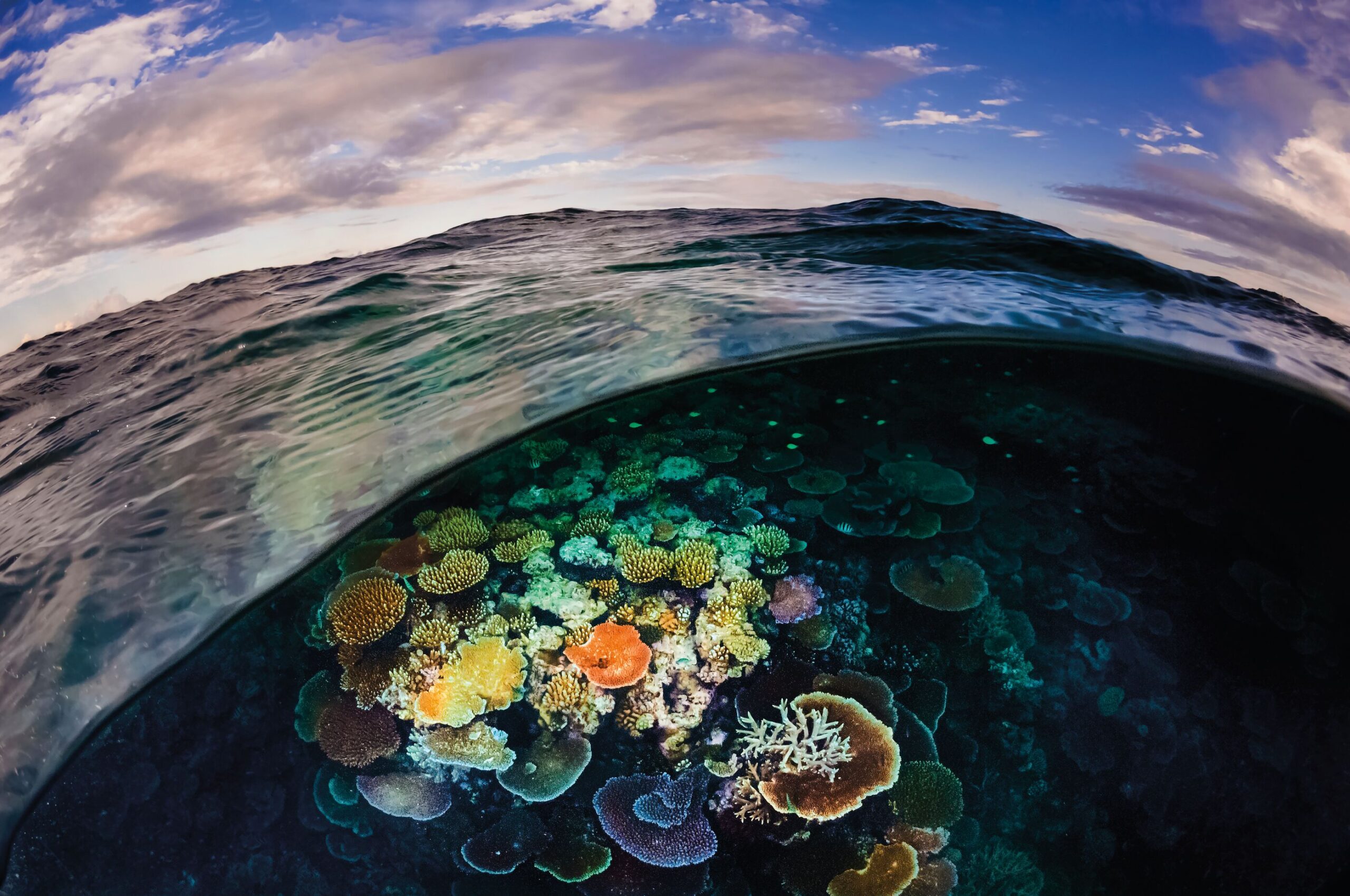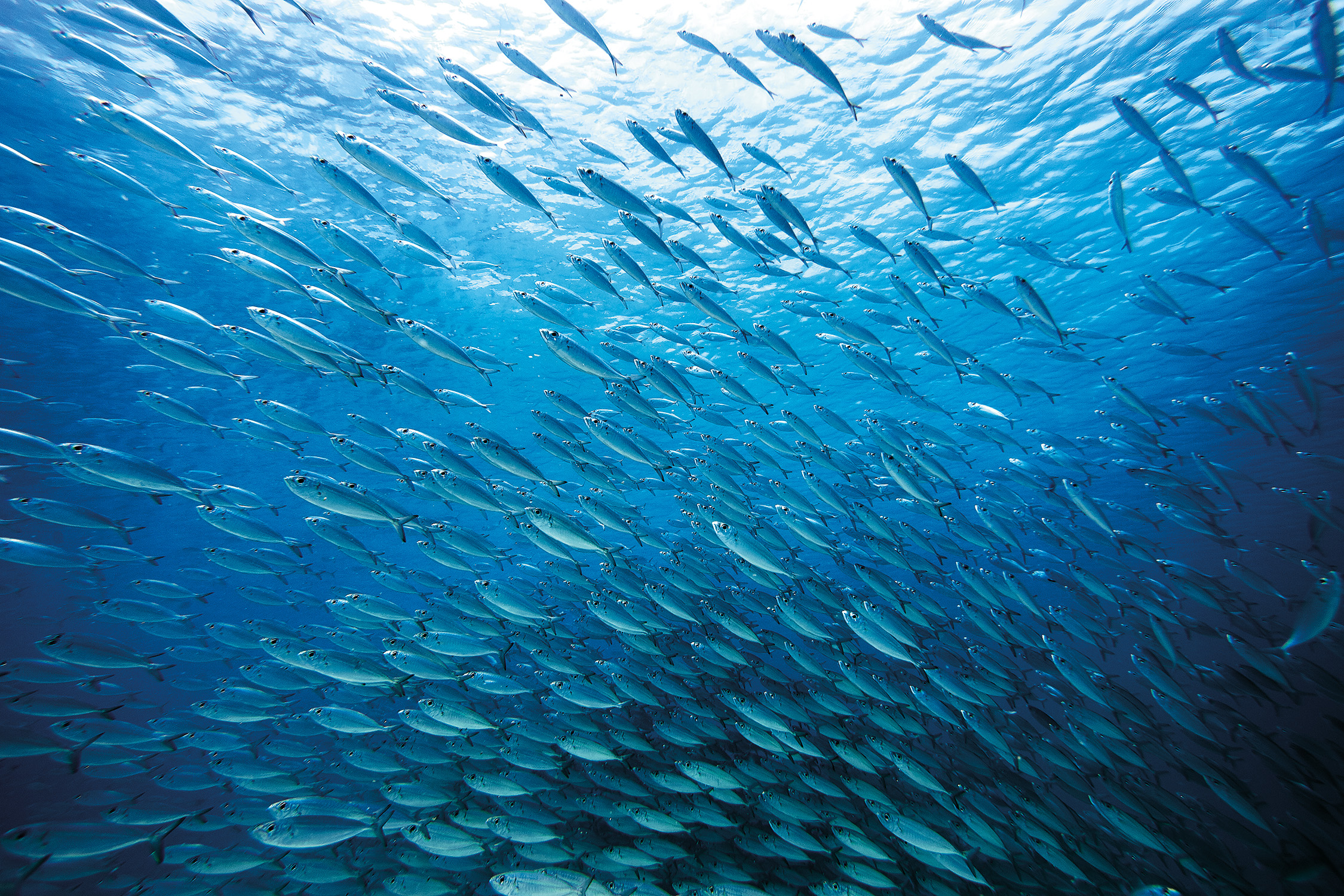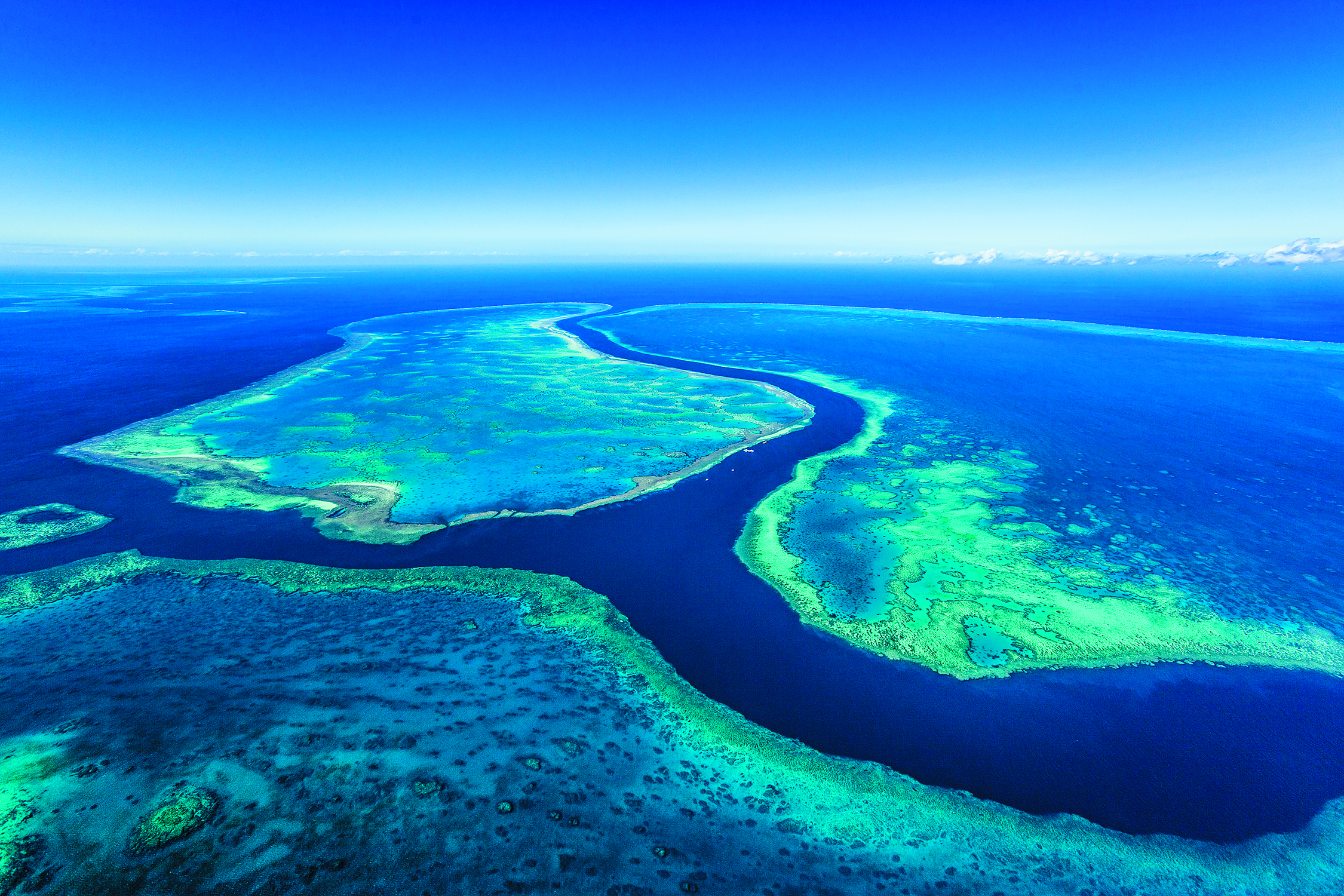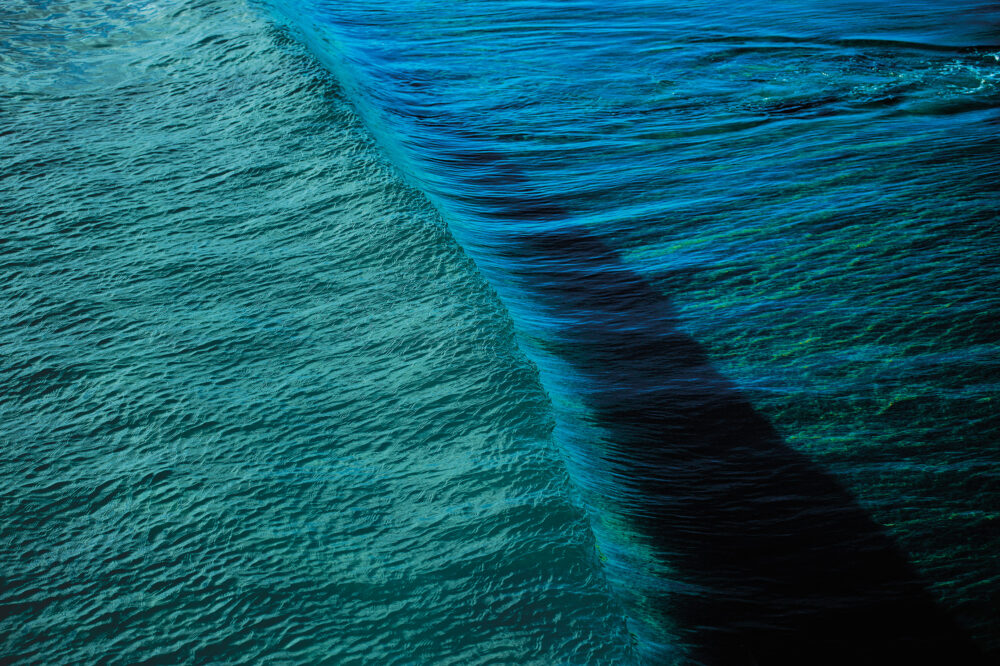Patagonia launches global campaign to save oceans
The European appeal calls on governments to ban bottom trawling, starting with an immediate ban in marine protected areas and coastal zones.

To mark World Oceans Day 2023, Patagonia is launching a global environmental campaign dedicated to protecting and restoring the oceans. Through a series of short films, a dedicated website, a petition and events across Europe, Patagonia aims to mobilize people and urge governments to end trawling by imposing an immediate ban in marine protected areas and coastal zones.
The campaign involves several nongovernmental organizations, including Bloom, Blue Ventures, ClientEarth, Environmental Justice Foundation, Oceana, and Seas At Risk, which work with Patagonia to promote ocean protection in Europe.
The ocean represents not only a source of life and a climate solution, but also a bond that unites people through food, traditions, and sports. However, the practice of trawling threatens this valuable resource, damaging marine ecosystems, endangering small-scale fisheries and contributing to the climate crisis.
Bottom trawling is considered one of the most harmful practices inflicted by humans on the oceans. In addition to destroying seabed ecosystems, it overexploits fishing grounds and causes the indiscriminate death of numerous species, including turtles, rays and sharks.
In addition, trawling has a significant impact on the climate. Dragging nets on the seabed requires more fuel consumption and produces four times more emissions than other forms of fishing. This practice destroys sediments and harms marine plants and animals that play a key role in absorbing atmospheric carbon. Oceans already absorb a quarter of the carbon dioxide emissions produced, but trawling threatens this vital resource. It is essential to protect the ocean so that it can continue to protect us.
Patagonia will use the campaign and short films to promote regenerative alternatives to this harmful industrial practice. Proposed solutions include 3D ocean algae cultivation and restoration of posidonia meadows. Patagonia also provides a platform to support fishermen with low-impact activities, who make up about half of Europe’s fishing workforce and are often harmed by trawling.
Patagonia’s campaign comes at a crucial time for marine environmental protection in Europe, with a growing biodiversity crisis and heated debate over initiatives such as the Nature Restoration Act and the Oceans Action Plan.
The short film series tells stories of people from different parts of the world, from South Korea to Chilean Patagonia, via Portugal and Wales. These films show how it is possible to work with the ocean rather than against it, highlighting seabed restoration projects and examples of communities working to create sustainable industries.
The films will be screened at various free events throughout Europe during the summer, which will include expert talks, music and engaging storytelling.
Beth Thoren, Patagonia’s director of environmental initiatives for EMEA, says, “The ocean has always been an important part of my life, from my early career as a marine engineer to my experience as a Sea Shepherd crew member engaged in the fight against whaling in Antarctica. But I am not the only one. The ocean represents a source of energy and vitality wherever we are. It is essential to protect this precious and fragile resource so that it can protect us. European leaders have the power to make a positive and lasting change by ending bottom trawling and supporting a just transition to practices that restore the oceans. We call on everyone who cares about the oceans, from surfers to swimmers, from people who simply enjoy walking or kayaking on the beach to coastal communities and fishermen, to join together to send a loud and clear message“.

If you would like to learn more about the campaign and would like to sign the petition, you can visit the website
eu.patagonia.com/oceans
Join Patagonia in the fight to protect the oceans and learn how our efforts can make a difference for a sustainable future in harmony with the sea.





